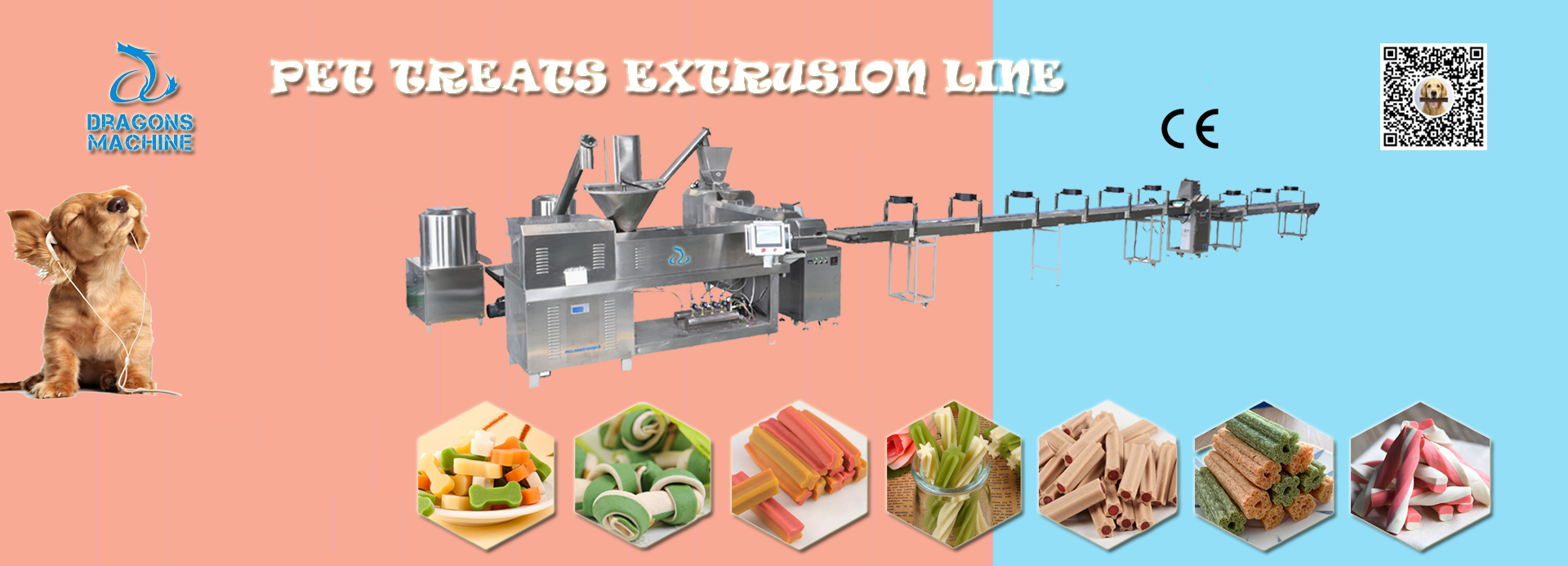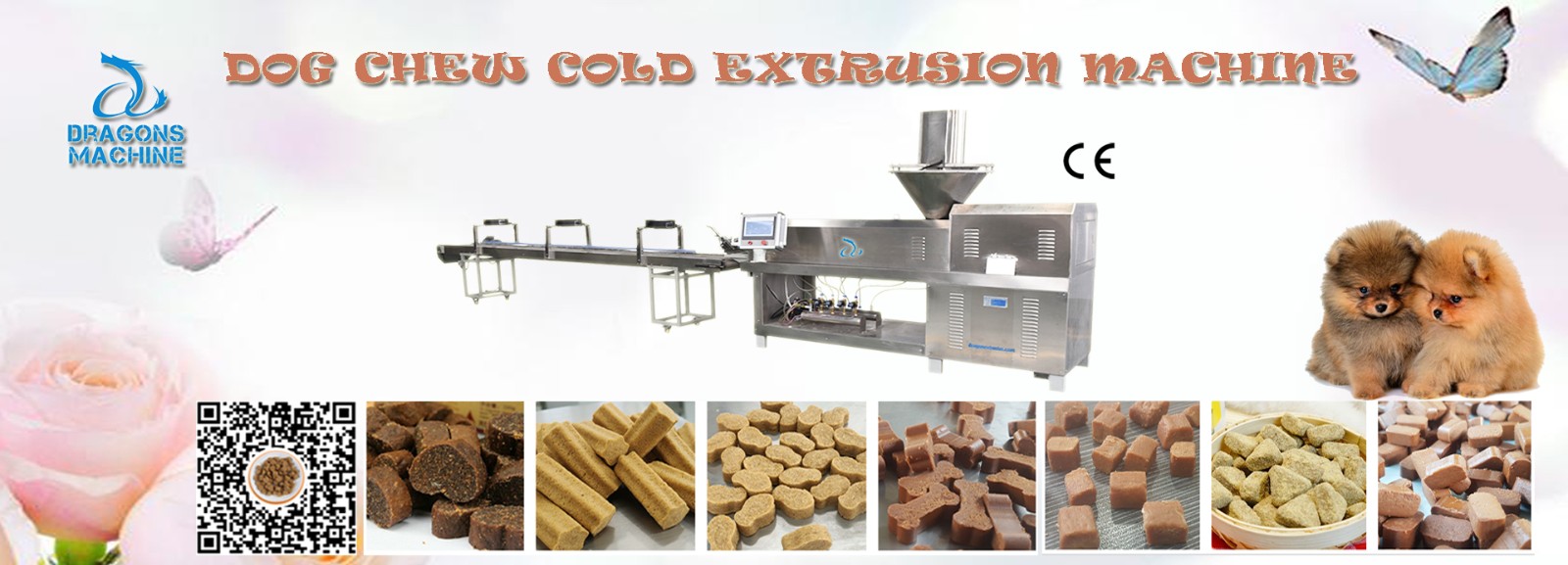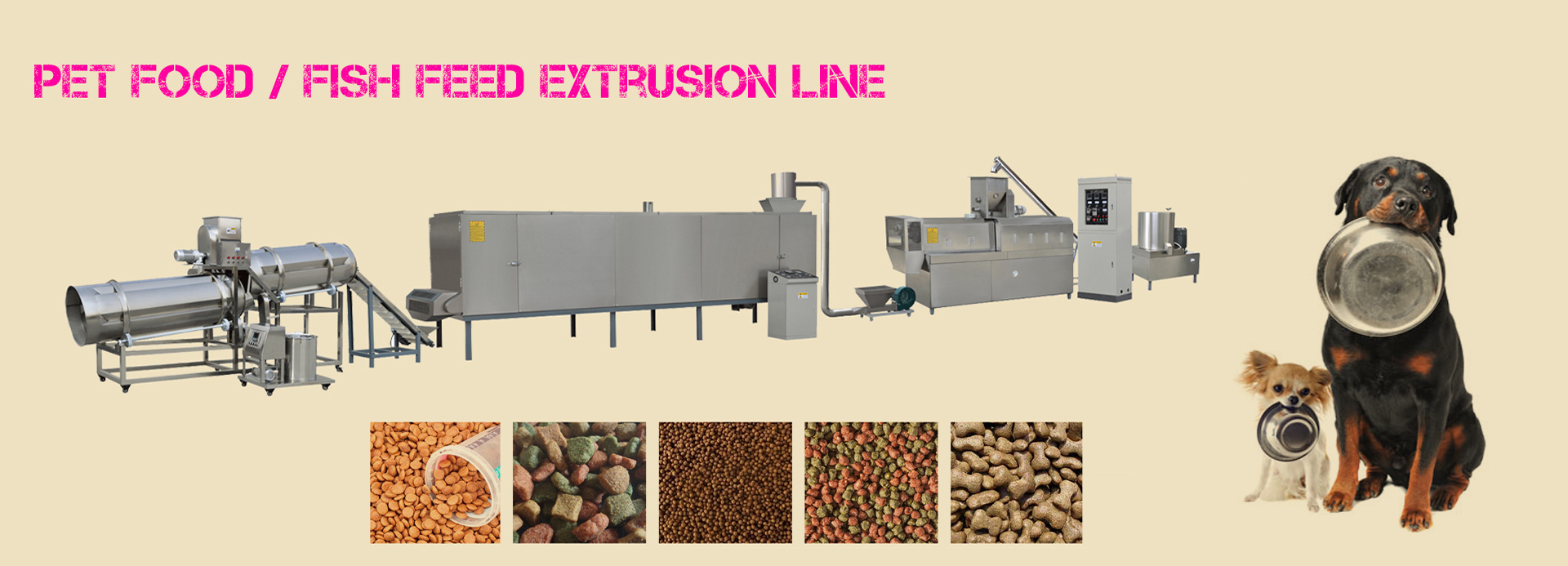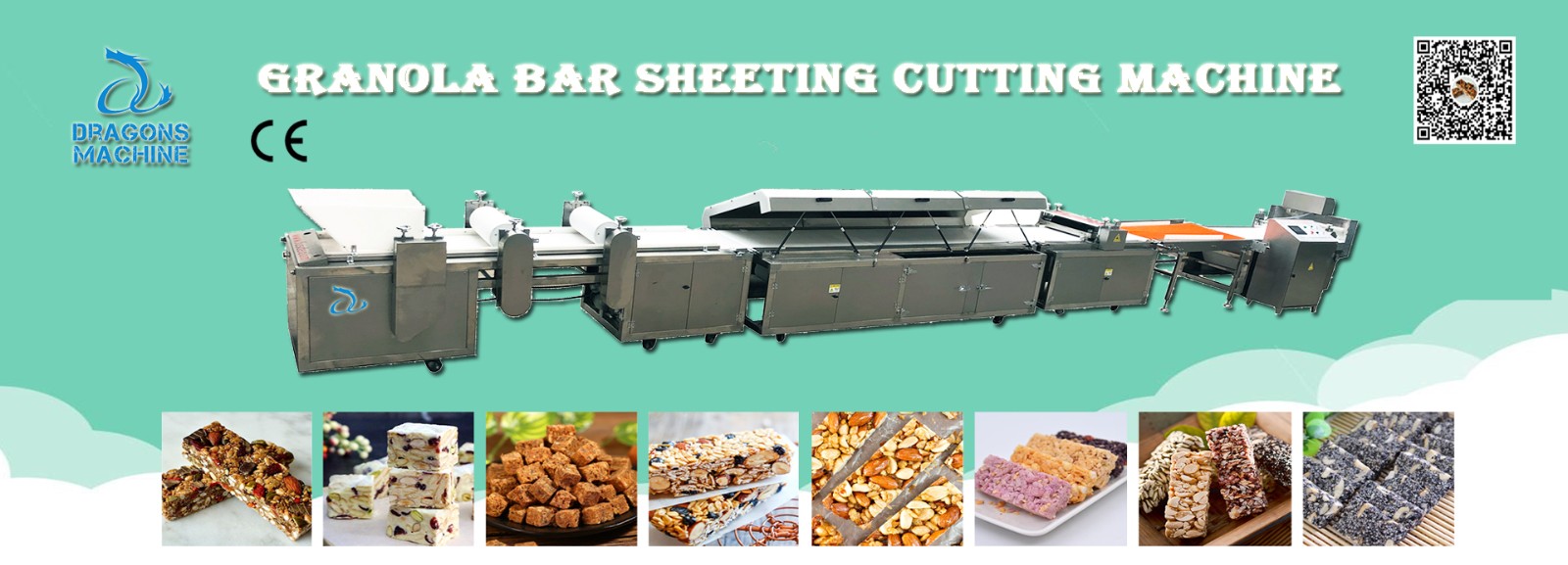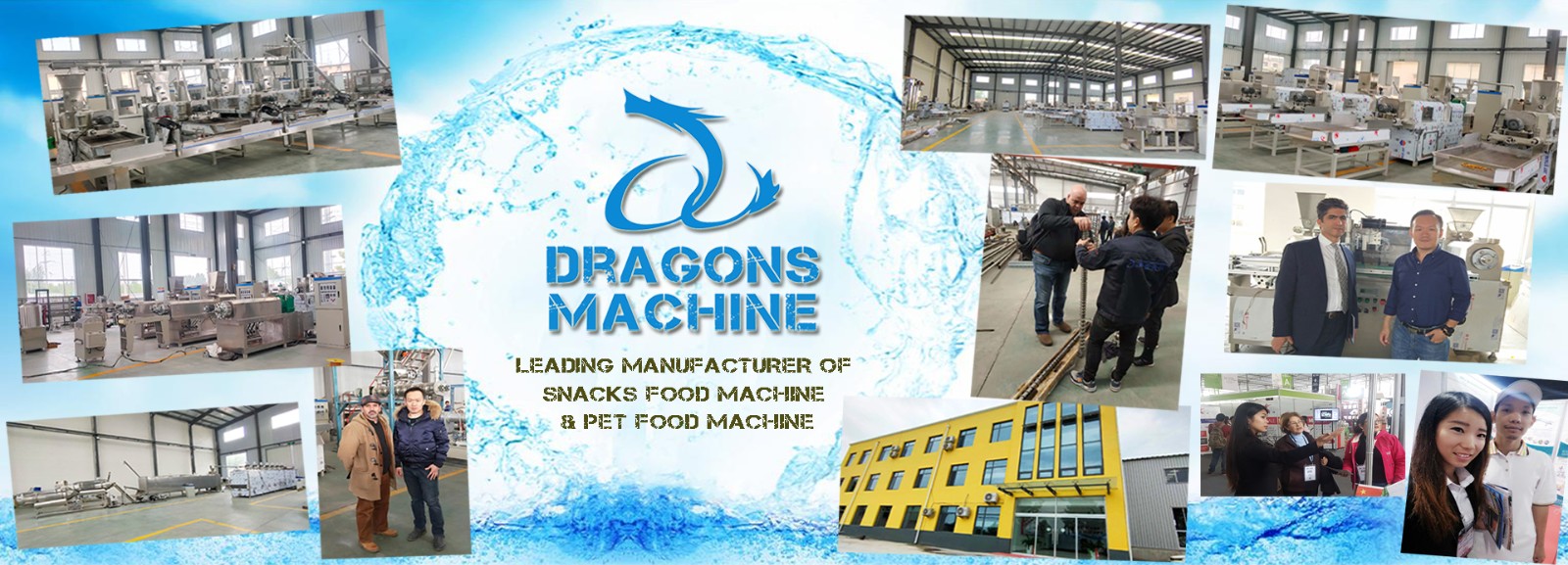Selecting the right dog food is a crucial decision for pet owners. Among the myriad options available, baked and puffed dog foods stand out as popular choices. This article aims to unravel the differences between these two types, shedding light on their respective benefits and considerations.
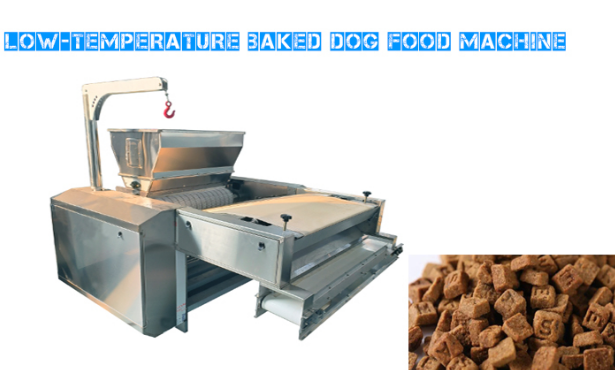
Low-temperature Baked Dog Food Machine
Baked Dog Food: A Slow and Even Cooking Process
The Baking Process
Baked dog food is crafted through a slow and thorough cooking process. The ingredients, including meats, grains, and vegetables, are combined into a dough-like consistency. This mixture is then baked at low temperatures for an extended period. The slow baking process helps retain the nutritional integrity of the ingredients while creating a crunchy texture that many dogs find appealing.
Benefits of Baked Dog Food
1. Nutrient Retention: The slow baking process minimizes nutrient loss, preserving the essential vitamins and minerals present in the ingredients. This can contribute to a more nutritionally dense dog food.
2. Palatability: The crispy and crunchy texture of baked dog food often appeals to dogs' taste preferences. The texture can also be beneficial for dental health, promoting chewing and reducing plaque buildup. Baking can enhance the flavor of the ingredients, making the food more palatable for picky eaters. The Maillard reaction, which occurs during baking, contributes to the appealing taste and aroma of the food.
3. Limited Processing: Baked dog foods typically undergo minimal processing, making them a desirable option for pet owners seeking more natural and less-processed alternatives for their furry friends.
4. Digestibility: Baked dog food is often considered more digestible than some other cooking methods. The slow cooking process can break down complex molecules, making it easier for dogs to absorb nutrients.
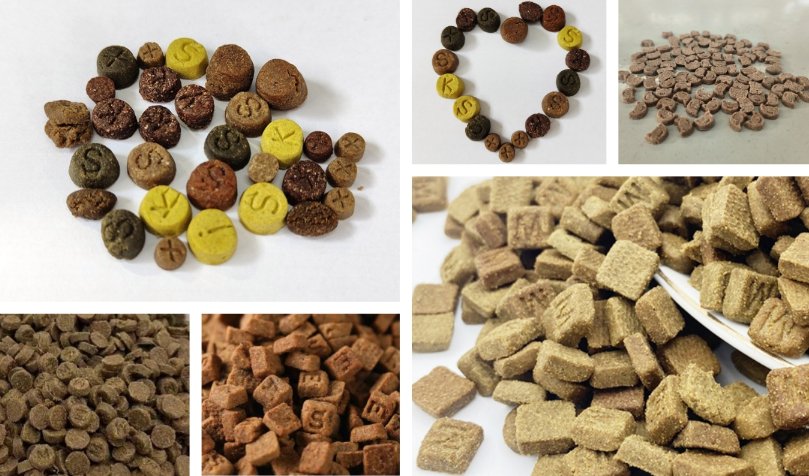
Puffed Dog Food: The Art of Expansion
The Puffing Process
Puffed dog food undergoes a unique cooking process known as extrusion. During extrusion, the raw ingredients are subjected to high pressure and heat. The sudden release of pressure causes the ingredients to puff up, resulting in a light and airy texture. This method creates a kibble with a distinct texture and appearance compared to baked dog food.
Advantages of Puffed Dog Food
1. Increased Volume: Puffing the ingredients results in a kibble with a larger volume compared to its pre-cooked form. This can be beneficial for dogs that require a lower-calorie diet, as the larger volume provides a satisfying meal without excess calories.
2. Enhanced Digestibility: The extrusion process can improve the digestibility of certain ingredients, making the nutrients more accessible for absorption. This can be particularly advantageous for dogs with sensitive digestive systems.
3. Consistency in Production: Puffed dog food often boasts consistency in shape and texture, ensuring that each kibble provides a uniform nutritional profile. This can be helpful for pet owners who prioritize feeding their dogs a consistent diet.
Choosing Between Baked and Puffed Dog Food: Considerations for Pet Owners
1. Dog's Preferences
Some dogs may prefer the crunchy texture of baked dog food, while others may find the light and airy texture of puffed dog food more appealing. Observing your dog's preferences can guide your decision.
2. Dietary Needs
Consider your dog's specific dietary needs. If your dog requires a more calorie-dense option, baked dog food might be suitable. On the other hand, if you're looking for a lower-calorie alternative with enhanced digestibility, puffed dog food could be a better fit.
3. Dental Health
Both baked and puffed dog foods can contribute to dental health by promoting chewing. However, the texture of baked dog food may offer more substantial mechanical benefits for dental hygiene.
Conclusion: Tailoring Dog Food Choices to Individual Needs
In conclusion, the choice between baked and puffed dog food ultimately depends on various factors, including your dog's preferences, dietary needs, and overall health considerations. Understanding the distinctive features of each type allows pet owners to make informed decisions that align with their furry companions' well-being.
Contact Us for Expert Advice
For more information on choosing the right dog food or to connect with a reliable pet food machine supplier, feel free to contact us. Our team is dedicated to providing valuable insights and ensuring that your pet receives the nutrition it deserves.
















